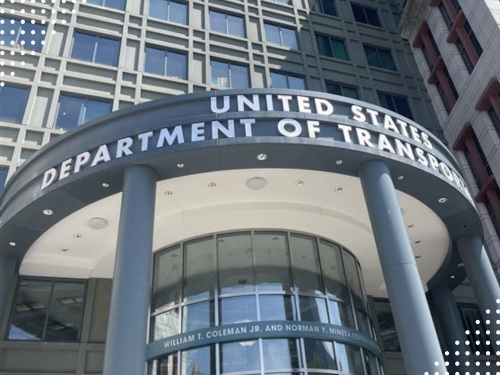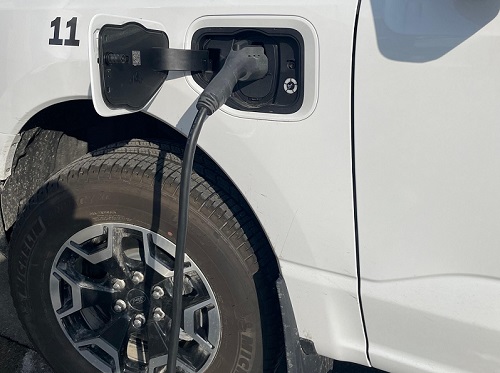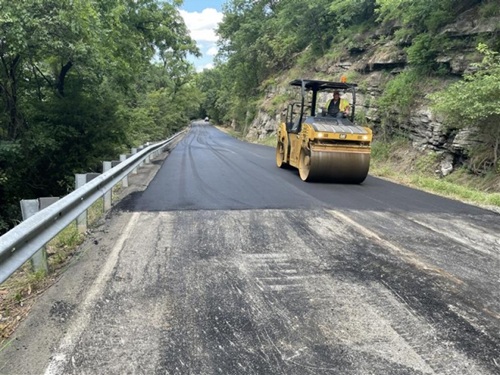The American Association of State Highway and Transportation Officials continues to encourage a more “balanced and practical approach” to the guidance being developed to support the establishment of a nationwide electric vehicle or EV charging network.
[Above photo by VTrans]
In a recent comment letter sent to the Federal Highway Administration, AASHTO and the state DOTs it represents offered their “full support” to the agency’s effort develop efficient and practical standards to streamline the effectiveness of the National Electric Vehicle Infrastructure or NEVI formula program – as well as efforts to develop minimum standards for the technology developed through that program.

“As states continue to invest in EV infrastructure and break ground on NEVI-funded projects, clear guidance and standards are necessary to ensure state compliance,” AASHTO noted in its letter.
“However, AASHTO recognizes the necessity for a balanced approach that fosters innovation and facilitates the expansion of EV charging infrastructure, while not inadvertently impeding progress or placing an undue burden on state DOTs, industry, or the public,” the organization added.
As part of the “balanced approach,” AASHTO urged FHWA and the U.S. Department of Transportation as a whole to consider “flexibility” in the adoption of new EV charging connector standards, including the SAE J3400 standard developed by the Society of Automobile Engineers, also referred to as the North American Charging Standard developed by Tesla.
“This approach would help ensure that EV infrastructure development can continue without interruption and support a seamless transition as technology evolves,” the group said.
Further, rather than mandating immediate compliance with new standards, AASHTO suggested that incentives be provided to encourage the adoption of SAE J3400 connectors.
“This may include additional grant opportunities, added scoring in competitive funding applications, or other financial incentives to offset the costs of adopting innovative technology and reward proactive and ‘future proofing’ efforts by states, host sites, and contractors,” the organization noted.
While AASHTO acknowledged the long-term benefits of a “uniform standard” for EV chargers in its letter, the group is concerned regarding requirements to retrofit existing EV stations.
“A mandatory retrofit of stations that are currently under a procurement phase – stations already contracted, under construction, or are fully operational – would result in financial and logistical burdens for state DOTs, their host sites, and contractors,” the organization said. “These burdens may include unbudgeted cost increases, costly project delays, contracting disputes, and other unanticipated challenges, delaying the nationally ‘fully built out’ status.”
Instead, AASHTO recommended a “phased approach” to FHWA that would allow for the “gradual incorporation” of the SAE J3400 standard based on supply, market availability, and “immediate EV station viability.”
 Nation
Nation


